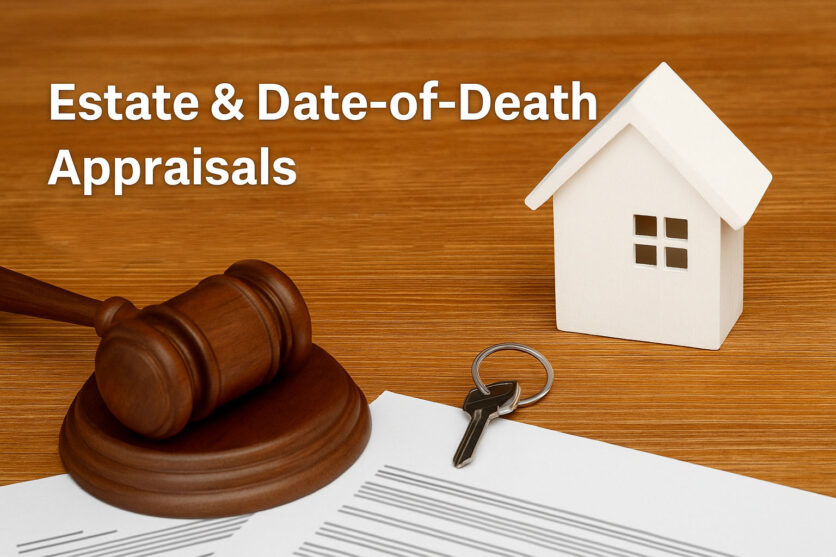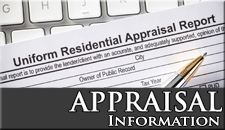Estate & Date-of-Death Appraisals in Springfield, MA: What You Need to Know
Estate & Date-of-Death Appraisals in Springfield, MA: What You Need to Know When someone passes away owning residential real estate in Springfield, MA, understanding how that property is valued is essential. Whether for probate, tax filings, or distributing assets, a date-of-death appraisal ensures clarity, fairness, and legal compliance. What Is a Date-of-Death Appraisal? A date-of-death appraisal (also called a retrospective appraisal or estate appraisal) establishes the fair market value of a property as of the date the owner passed away—not when the appraisal is conducted. It accounts for market conditions, comparable sales, condition of the property at that date, and legal standards. Unlike a standard current appraisal, this is backward looking, but carried out by a certified appraiser to be defensible in court or for tax purposes. When Do You Need One in Springfield, MA? Probate Matters: Courts often demand an appraisal of real estate held by a decedent to determine the estate’s total value. IRS / Estate Tax Filings: If the estate crosses the thresholds or for federal/state tax purposes, a qualified valuation as of the date of death is required. Heir Disputes: To distribute real property fairly among family members, especially when multiple heirs are involved. Estate Planning or Trusts: Sometimes done ahead of time or after in order to set baseline values. How the Process Works in this Region Here’s what you can expect when working with a Springfield appraiser like Pilgrim Colonial on an estate or date-of-death appraisal: Timeline & Effective Date: You’ll define the date of death. The inspection (if possible) and comparable sales will be selected around that date. Condition & Improvements: The condition of the property *as of* the date of passing (including damages, deferred maintenance) matters—even if situation changed later. Comparable Sales Research: Look for sales in Springfield (or nearby Hampden County)… Continue Reading







